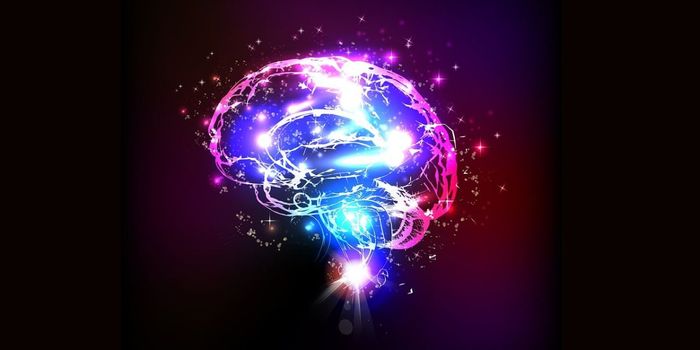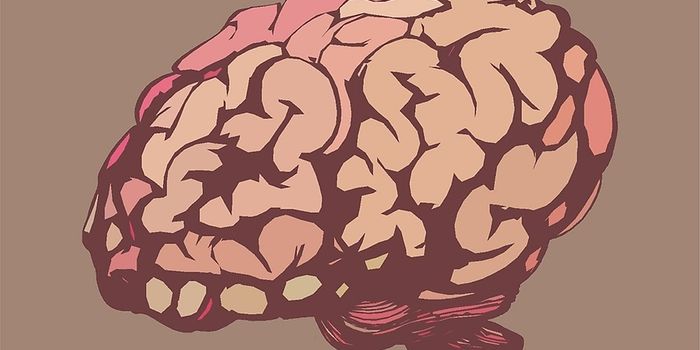Deep Brain Stimulation Shows Promise for Binge-Eating Disorder

Binge-eating disorder (BED) is characterized by frequent consumption of unusually large amounts of food and a feeling of lack of control when eating. It is the most common eating disorder in the US, and most with the disorder are overweight or obese.
Previous research has found that BED episodes usually occur after cravings for specific desired foods. Ways to reduce cravings that lead to loss of control over food consumption may help treat those with the disorder.
In previous work, researchers found that distinctive low-frequency electric activity in the nucleus accumbens- a part of the brain linked to motivation and emotional processes- arises just before cravings set in.
They also found that use of a brain-stimulation device- currently used to treat drug-resistant epilepsy- on the nucleus accumbens led to reduced consumption of tasty, high-calorie food in mice.
To see whether the same device may have a similar effect in humans, the researchers behind the current study conducted a pilot clinical trial involving two patients with BED who were implanted with the device.
For the first six months, the researchers recorded signals from the device as participants engaged in their daily activities. On occasion, the patients were invited to the lab and presented with buffets of their favorite foods.
By monitoring patients' brain activity, the researchers noted that the distinctive low-frequency signal in the nucleus accumbens appeared seconds before patients bit into their binge meals.
In the second part of the study, the brain stimulation devices delivered high-frequency electrical stimulation to the nucleus accumbens whenever the low-frequency craving-associated signals occurred.
During this time, patients reported a sharp reduction in feelings of lack of control and in the frequency of binging episodes. Participants also lost over 11 pounds over the period, and one participant no longer met the criteria for binge-eating disorder. Furthermore, participants experienced no significant adverse side effects.
The researchers are now following the patients for a further six months and have begun enrolling new patients for a larger study. They noted that the same treatment could be applied to other loss-of-control-related disorders such as bulimia.
Sources: Neuroscience News, Nature Medicine








